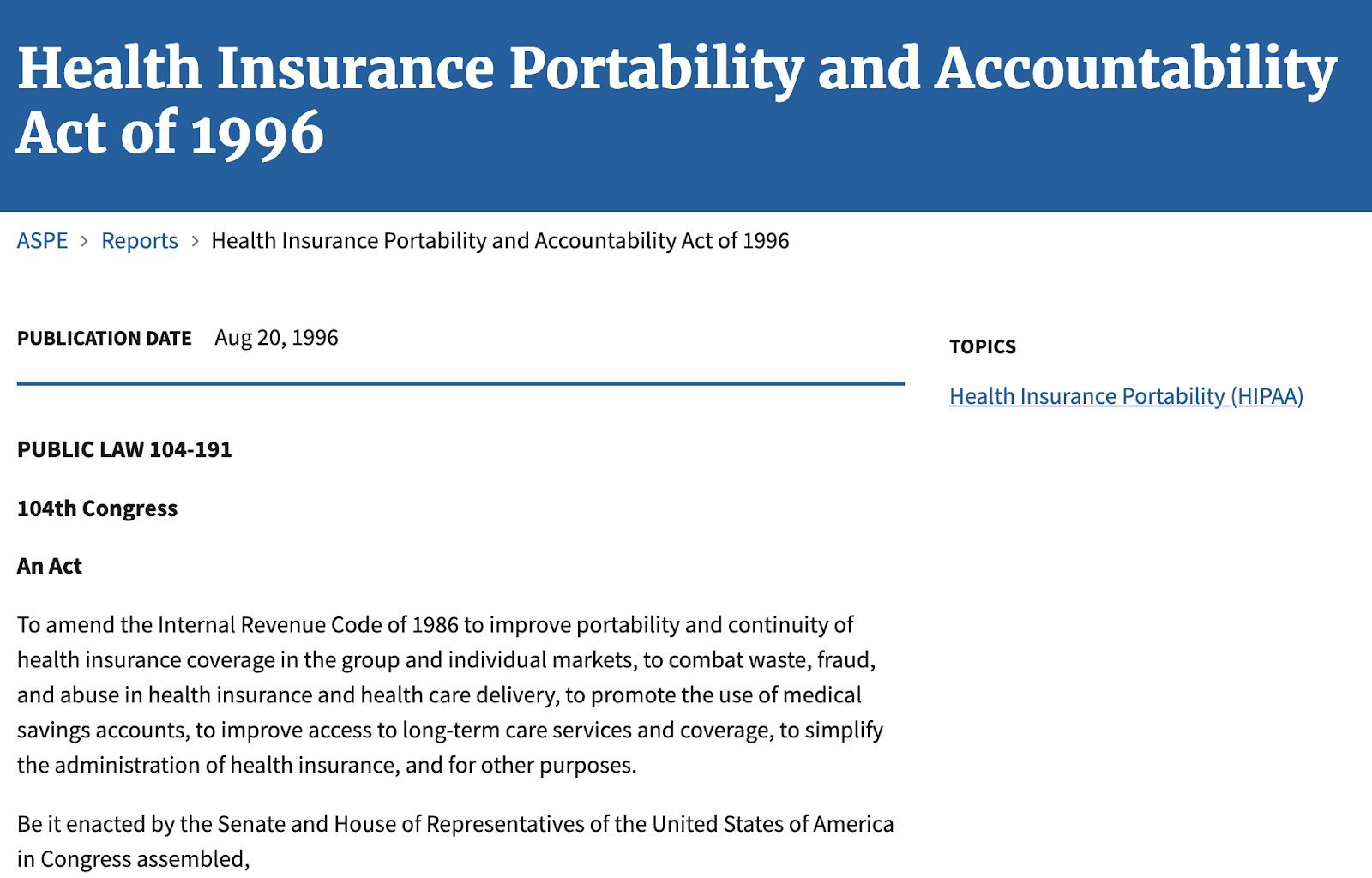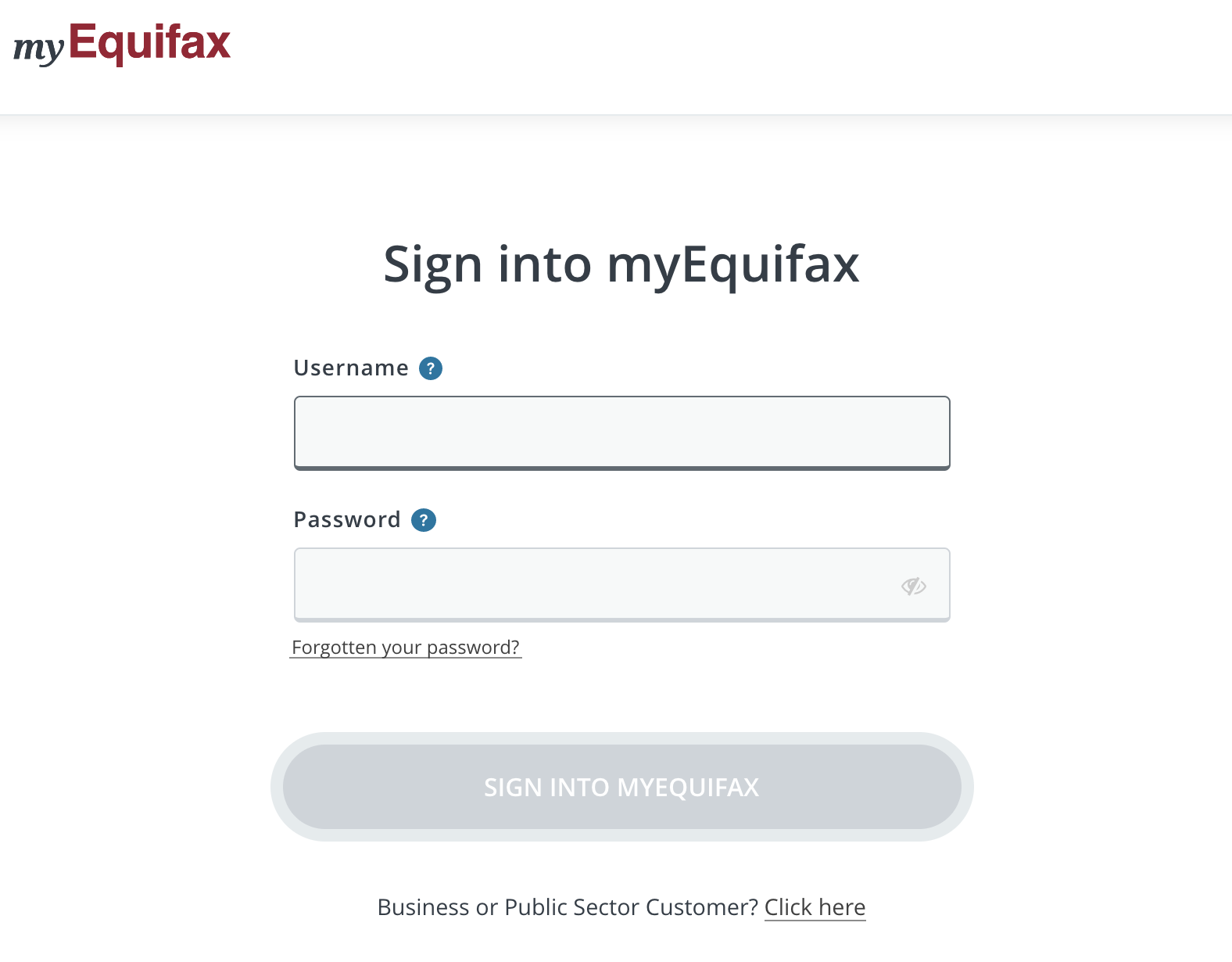Also known as information privacy, data privacy is an area of data security that is concerned with handling data correctly – notice, consent, and regulatory obligations. More specifically, practical data privacy concerns tend to revolve around:
- Whether or not you share data with third parties, and if so, how you do so
- How data is legally collected and stored
- Regulatory restrictions, for example, CCPA, GLBA, HIPAA, and GDPR

Data privacy is something that no business can afford to ignore today. Not only do you need to make sure that privacy laws are followed and adhered to for the purpose of avoiding fines and potential imprisonment, but there are a number of other reasons why it is critical to follow the regulations in place. We will explain all of this and more below.
Why is data privacy important?
To understand why you need to follow the rules and regulations that are in place, you first need to comprehend what makes data privacy so important. There are two key drivers at play here, so let’s take a look.
Data is one of the most critical assets any business has. With the rise of the data economy, organizations and businesses find huge value in collecting, using, and sharing data. Businesses like Amazon, Facebook, and Google have built empires at the top of the data economy.
Transparency in regards to how companies abide by their privacy policies, request content, and manage the data they have collated is critical in building accountability and trust with partners and customers who expect privacy. A lot of businesses have discovered the importance of privacy the hard way, i.e. through highly-publicized privacy failure.
The second driver here is that privacy is the right of the individual. They have the legal right (and ethical right) to be free from surveillance that they have not invited. For us to exist safely in our space and express our own opinions behind closed doors is something that is vital to living in a demographic society.
Basically, privacy creates the basis of our freedom. We all deserve to have moments of solitude, intimacy, reflection, and reserve, and this is why data privacy laws are so critical.
Why do you need to follow today’s data privacy laws?
We hope that you now have an understanding of why data privacy is critical. Following these laws is not something that you have a choice over. You simply have to do it. And, you should want to! Below, we will take a look at some of the different reasons why you need to follow today’s data privacy laws:
- It’s essential to protect the fundamental freedoms and rights of people
There is only one place to begin, and this is with the fact that personal data protection is critical in terms of protecting the fundamental freedoms and rights of the person related to that data. In this sense, it is about a lot more than simply protecting personal data.
While protecting personal data, you can make sure that the freedoms and rights of the person in question are not being violated. For instance, if personal data was not processed correctly, this could bring about a scenario whereby a person was overlooked for a promotion opportunity or lose their current job.
- A lack of data privacy can have secure consequences
If you do not comply with the personal data protection regulations that have been established, the consequences can be very severe.
There have been a number of cases whereby hackers and criminals have extracted all of the money from a person’s bank account because someone along the way failed to protect their confidential data effectively.
In fact, it could even result in a life-threatening scenario due to manipulated medical information.
When you take this into account, it is easy to see why privacy laws are no joke and need to be adhered to for the safety and financial security of everyone.
- Ensure the fair provision of services and consumer-friendly commerce
Another reason why it is vital to make sure that your business adheres to the current data privacy laws is that they are critical in making sure that you provide your services in a fair manner and that commerce is consumer-friendly.
The data privacy regulations that have been established have built a scenario whereby, for instance, personal data cannot be sold freely, and this means that people have much better control over what sort of offers they receive and who they receive them from.
- You could save your business from a financial disaster
Of course, data protection laws are critical from the standpoint of ensuring consumers are protected and that our rights to freedom are respected. However, you also need to consider the damage you could face from a business perspective if you do not respect the rules and regulations that are in place.
If your business does not follow today’s data privacy laws, you are almost certain to find yourself facing significant fines. This is especially the case if you suffer a data breach and your customers’ data ends up being compromised.
We have seen some truly monumental fines handed out over the years for businesses that have been in breach of the security regulations in place. You only need to look at the Equifax data breach in 2017 to see that this is the case.
During this breach, Equifax lost the financial and personal data of approximately 150 million people because of an unpatched Apache Struts framework in one of their databases.
It was found that the company had failed to fix a critical vulnerability for months after the patch had been issued. Not only this, but once the breach had been discovered, they did not inform the public for weeks, enabling the problem to get a lot worse.

The company had failed to take reasonable steps to secure its network, and therefore, it did not uphold its legal obligation to protect and secure the data it holds.
As a consequence, Equifax agreed to pay $575 million in a settlement with the Consumer Financial Protection Bureau (CFPB), the Federal Trade Commission, and all of the 50 states and territories in the U.S.
Could your business really handle such huge fines for failing to comply with data privacy regulations? It is certainly not worth the risk of finding out.
- Your reputation will be in tatters (and trust is hard to rebuild)
Trust is something that takes years to build yet only seconds to destroy, and this is exactly what can happen if you find yourself tied up in a data breach incident.
We have seen many companies over the years need to embark on a huge rebuild and PR project as the consequence of a data breach. After all, how can you expect customers to trust you with their vital information if you could not protect it the first time around?
In fact, there have been a lot of companies that have not been able to recover from the financial and reputational damage they have sustained due to the data breach they suffered. Statistics show that 60 percent of small businesses close within six months of encountering a cyber attack.
- Stay ahead of your competition by prioritizing data privacy
A final benefit to consider when it comes to the data privacy laws of today is that you can use this as a way of differentiating from the competition. Of course, we expect all businesses to adhere to today’s laws. However, making data protection a priority is something that can ensure your business stays ahead of the rest.
By protecting client data, you will boost investor confidence, which can only be a good thing for your business.
To ensure your data is secure, you need to put stringent data policies in place and use the latest software. This will help to make sure that any valuable data you hold is protected from any impending attacks or threats.
Make sure that your customers are aware of the efforts that you make to ensure that all of their interactions with your business are safe and confidential.
Final words on the importance of following data privacy laws
So there you have it: an insight into data privacy laws and why it is critical to make sure you follow the rules and regulations that are in place today.
No one is above the law, and legislation has been implemented for good reason. It is imperative to make sure that your customers, employees, and everyone associated with your business is protected so that their data does not fall into the wrong hands.
Moreover, consumers have rights when it comes to their own personal data and how it is used, and it is critical to respect these rights.
The data privacy laws that have been established set the foundation so that you have a blueprint of the different steps you need to follow to ensure you are acting in accordance with the law and confidentiality. There is no excuse not to follow today’s data privacy laws.
